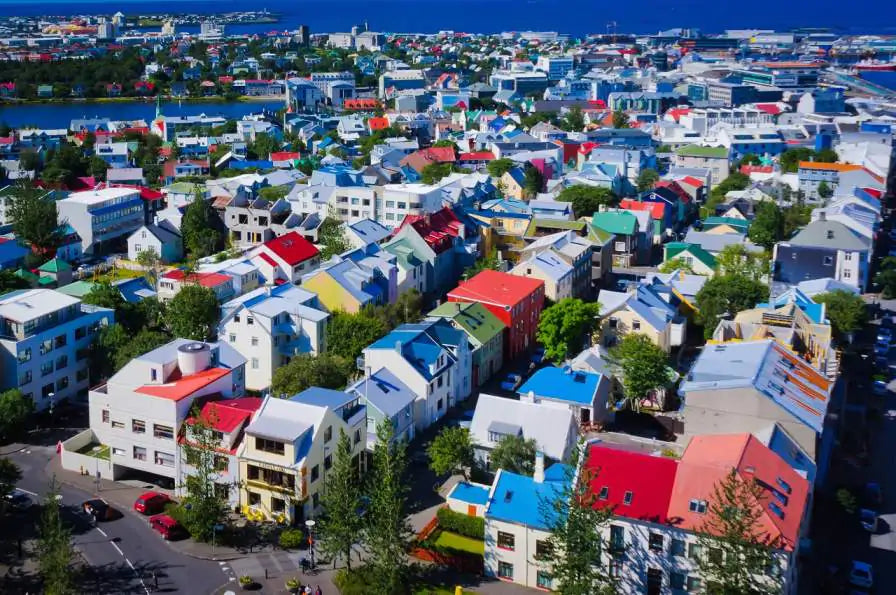OR
Express Checkout

Reykjavik is one of the most sustainable cities in the world, and it’s also one of the smallest, with only around 115,000 people living there. Nevertheless, it’s leading the way on environmental issues. Let’s take a look at what makes Reykjavik one of the world’s greenest cities.
It’s green-literally
The city came top of the Green Cities Index in 2018 as it has 411 square metres of green space per person.
It’s a leader in using renewable energy
All of the city’s electricity is produced with hydroelectric power and houses are geothermally heated so most buildings are eco-friendly and there are negligible greenhouse gas emissions. Iceland as a whole produces 80% of its total power from hydro and geothermal power; this is more than any other country in the world.
It has ambitious environmental goals
As well as being the first city in Iceland to introduce a policy on greenhouse gas emissions, it aims to be carbon neutral by 2040.
It’s all about green transport
The municipal authority plans to increase the use of public transport, walking, and cycling by 2030. There will be more use of electric vehicles, and an increase in infrastructure to accommodate them, such as more charging stations. Electrical charging for ships and other vessels will be available at the city’s ports.

It wants to get people involved in creating a sustainable city
It manages waste sustainably